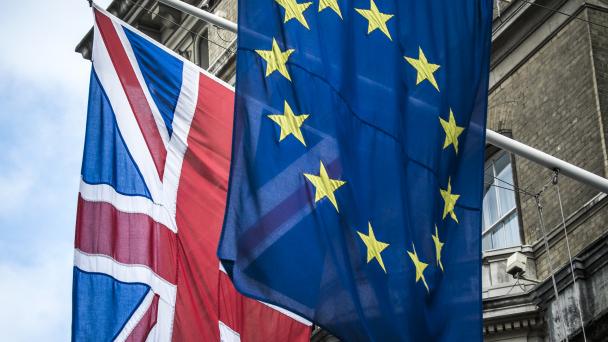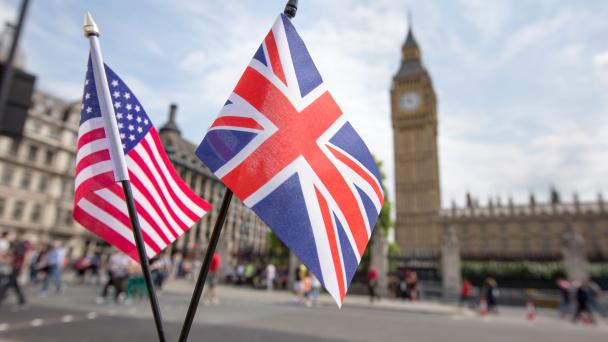British Social Attitudes 43


2010 saw the formation of Britain’s first coalition government since 1945. This summary of NatCen’s 32nd British Social Attitudes report takes stock of the public’s reactions to the last five years. How have the public responded to the Coalition’s radical programme of public service reform and spending cuts? Has the political upheaval associated with the rise of UKIP coincided with an increase in Euroscepticism? And as we enter another general election campaign, how is the political health of the nation?
In spite of cuts in public spending and radical reforms to public services during the past five years, changes in public opinion across a number of areas have been limited.
The rise of UKIP does not appear to be a simple reflection of increased Euroscepticism among the British public.
Our data point to at least three major pressures with which the next government will need to deal, whatever its colour.
See below to download additional chapters from the British Social Attitudes 32 report.



 Press release
Press release



 Press release
Press release
Receive a regular update, sent directly to your inbox, with a summary of our current events, research, blogs and comment.
Subscribe